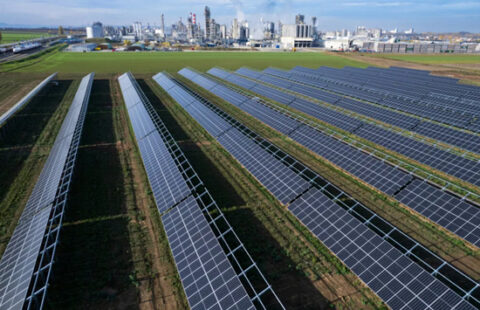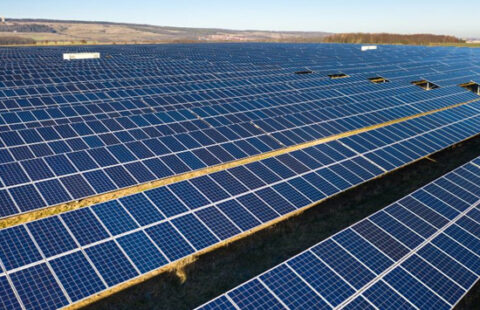
Technology is important for your business
The growing concerns over environmental degradation, rising energy costs, and depleting fossil fuel reserves have propelled solar energy into the spotlight as a sustainable and profitable alternative. But is investing in solar energy truly worth the price? Let’s explore the key factors that determine whether solar energy investment makes financial and environmental sense.
1. Initial Costs: High, But Worth It?
One of the primary considerations when investing in solar energy is the initial cost of installation. The price of solar panels, inverters, batteries, and installation services can be substantial. However, thanks to advancements in technology and government incentives, the costs have dropped significantly over the past decade. Solar panel prices have fallen by over 80% since 2010, making it more accessible than ever.
Governments around the world also offer tax breaks, rebates, and grants for solar energy projects, making it easier for homeowners and businesses to transition to solar power without bearing the full upfront cost.
2. Long-Term Savings: Lower Energy Bills
One of the most attractive benefits of investing in solar energy is the long-term savings on electricity bills. Solar power systems generate free electricity once installed, reducing reliance on the grid. Over time, these savings can offset the initial investment, with many solar energy systems paying for themselves in 5 to 10 years. After that, it’s essentially free energy.
Moreover, if your solar system produces more electricity than you need, you can often sell the excess power back to the grid (depending on local policies), further boosting your return on investment.
3. Environmental Impact: A Sustainable Choice
Solar energy is one of the cleanest forms of energy, significantly reducing your carbon footprint. Unlike traditional energy sources like coal and natural gas, solar panels produce no harmful emissions while generating electricity. By switching to solar power, you contribute to reducing air pollution and combating climate change.
For businesses and homeowners with a commitment to sustainability, this environmental benefit is often a driving force in their decision to invest in solar energy.
4. Energy Independence: Reducing Reliance on the Grid
Investing in solar energy can also increase energy independence. By generating your own electricity, you become less reliant on external energy providers and less vulnerable to fluctuations in energy prices. This independence is particularly valuable in regions where power outages are frequent or electricity prices are volatile.
5. Property Value: A Smart Investment
Studies show that homes with solar energy systems often have higher resale values. Prospective buyers are attracted to the idea of lower energy costs and the sustainability that solar energy provides. Installing solar panels can thus be viewed as an investment that not only reduces energy costs but also increases the value of your property.
6. Technology Advancements: A Promising Future
The solar industry is continuously evolving, with advancements in solar panel efficiency, energy storage systems, and grid integration. Emerging technologies, like bifacial solar panels and solar tracking systems, are pushing the boundaries of energy production, making solar energy more efficient and cost-effective than ever.
Additionally, the growing trend of pairing solar power with battery storage systems (like Tesla’s Powerwall) allows for energy storage, ensuring a continuous power supply even during cloudy days or at night.
Conclusion: Is Solar Energy Worth the Investment?
Yes! While the initial costs of solar energy might seem daunting, the long-term benefits — including significant savings on electricity, increased property value, environmental impact, and energy independence — make it a worthwhile investment. With ongoing advancements in solar technology and financial incentives, the future of solar energy looks promising, making it an ideal choice for both individuals and businesses looking to invest in sustainable energy.



